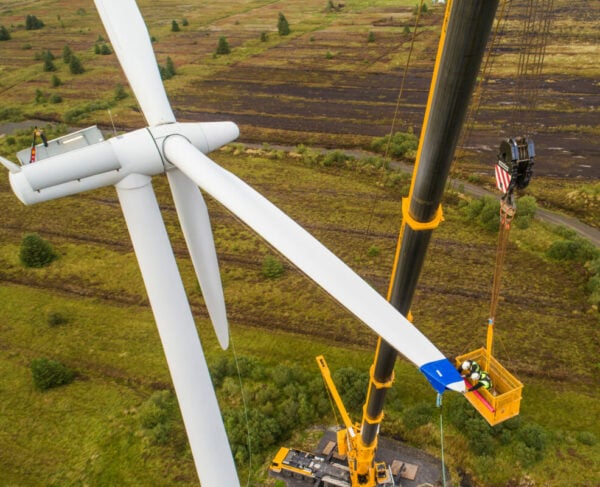Research by think tank Resolution Foundation has found that interest rates in the UK could add an additional £29 billion to household energy bills.
The Foundation noted that in a low-interest rate world, energy spending on people’s homes and cars could fall by 1-2% of household income by 2050 compared to pre-pandemic levels, offering real-term savings of between £250 and £1,000 a year.
Despite this, the think tank also suggested that historically low-interest rates can no longer be relied on. Thus, if the high-interest rate environment continues, the cost of financing energy investment will be considerably more expensive, adding £29 billion a year to household energy bills in 2050.
Interestingly, if borrowing costs, which are key for organisations to finance projects and investments, were 9% rather than 5%, this would increase the overall cost of projects. Households would, therefore, see their future energy spending increase by an average of £400 in 2050 rather than decrease.
It is worth noting that In 2022, the New Economics Foundation (NEF) estimated that the UK would require £140 billion of private investment to meet its climate change goals.
Uncertainty plagues energy investment
The Foundation advised the government to “prepare for a possible future scenario of higher interest rates”, although the exact path of interest rates remains uncertain.
To achieve this, the report outlines three important areas for the government to concentrate on reducing prices, safeguarding low-to-middle-income households from price increases, and ensuring that investment funding is balanced between household expenses and government expenditures.
The government could help stabilise the market in several ways. According to the Foundation, there needs to be a renewed emphasis on maintaining low prices while delivering new investments.
This implies avoiding overpaying for contracts in the short term and catching up on constructing the most cost-effective technologies, like onshore wind. It also means preventing local politics around pylons and substations from leading to more expensive alternatives.
Secondly, the government should introduce a social tariff for lower-income families to protect vulnerable households from facing higher energy bills, particularly those who are high energy users.
One of the final key findings of the report is that while it may not be possible to fund the entire power sector investment through public funds, some critical aspects, such as modernising the grid, could still be funded this way in case the burden of financing it solely through energy bills becomes unbearable.
It is worth noting that the report suggests that financing the investment through taxes would help distribute the costs more evenly across different income levels, rather than burdening low-income households disproportionately.
Jonathan Marshall, senior economist at the Resolution Foundation, said: “Britain needs to massively increase its electricity supply, and ensure it can be efficiently moved around the country, as we move towards a decarbonised economy of renewable energy, heat pumps and EVs.
“This will require tens of billions of pounds worth of investment each year – more over the next 15 years than insulating homes or buying electric cars. Cleaner energy could be cheaper energy, if interest rates return to the low levels seen during the 2010s.
“But we can’t count on that being the case. If interest rates stay high, energy costs will rise rather than fall in the years ahead. So now is the time for planning on how we deliver the energy investment surge while protecting lower income households, with a greater focus on price reduction in contracts, price protection for vulnerable households, and rethinking the role of the state as an investor.”
‘Majority’ of pension funds to expand into renewable market within five years
The news follows research conducted by specialist investment manager AlphaReal, which found that the vast majority of UK pension funds and insurers will increase their sustainable investment allocations in the next five years.
AlphaReal conducted a survey of the pension funds, which collectively oversee over £350 billion in assets, and found that the funds are expected to shift their vast resources into sustainability measures, potentially opening up new decarbonisation opportunities and drawing in much-needed revenue for the UK’s net zero journey.
According to the survey, 35% of the respondents plan to increase their investments in renewable energy by up to 10%, 44% said they will raise their investments by 10% to 20%, and 16% plan to increase their investments by more than 20%.
Only 3% of the respondents said there will be no change in their investment plans, while 2% plan to decrease their investments in renewable energy over the next five years.





